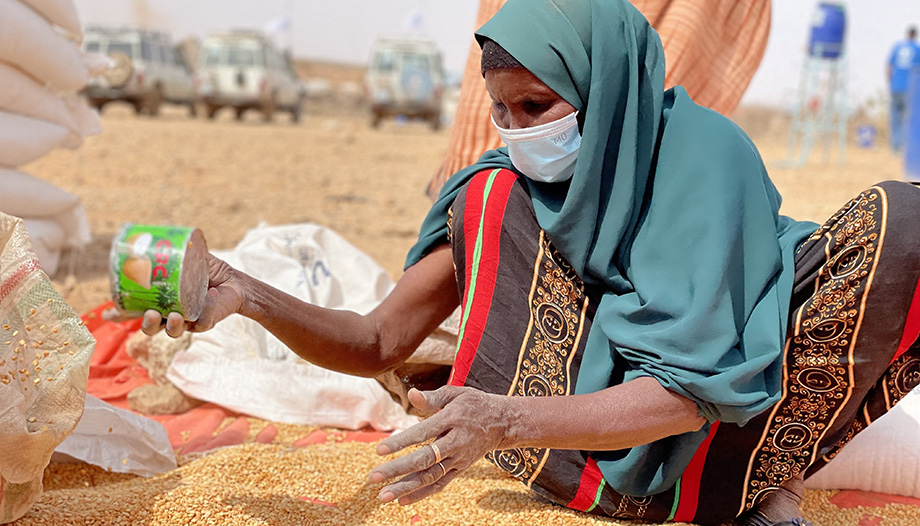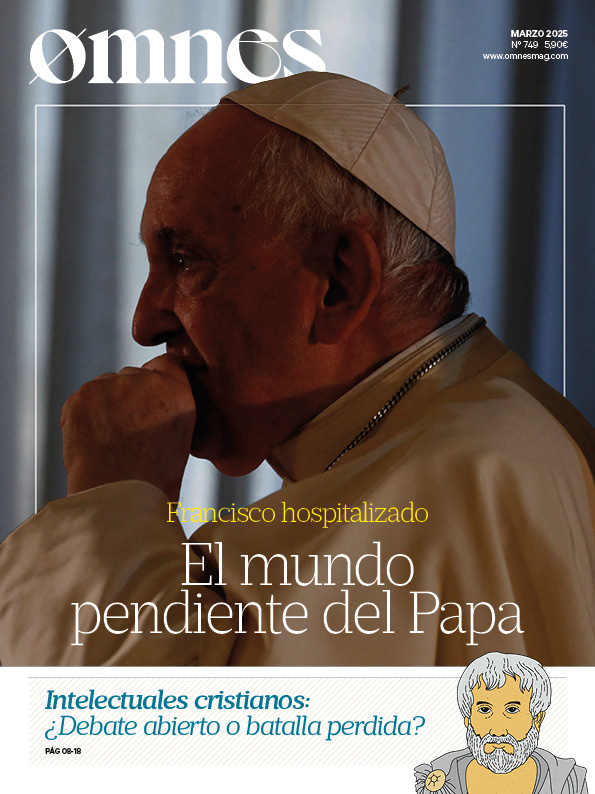There are still many populations facing poverty and food shortages; millions of people who, due to conflict, the consequences of pandemics and the rising cost of living, are unable to adequately access nutrition.
The appeal of Caritas Internationalis focuses, once again, on "promoting sustainable agriculture and food production, reducing food waste and supporting local food systems".
Measures that, in addition to adequately combating hunger, will also, according to the international organization, "help preserve the planet for future generations". Obviously, this goes hand in hand with the preservation of nature, also in global terms.
This request was also expressed by Pope Francis in his recent Message for the World Day of Prayer for the Care of Creationwhich will take place on September 1.
Standing with the victims of environmental injustice
The Pontiff reflects especially on the importance of guaranteeing "justice and peace" for all the peoples of the planet.
One of the conditions for this is to "stand with the victims of environmental and climate injustice", putting an end to this "senseless war against creation".
This requires "transforming our hearts, our lifestyles and the public policies that govern our cities".
Less waste and unnecessary consumption
In particular, lifestyles must be transformed so that there is "less waste and less unnecessary consumption, especially where production processes are toxic and unsustainable". This is important so that "everyone can be better off: our fellow human beings, wherever they are, and also our children's children".
Regarding the public and economic policies "that govern our societies and shape the lives of the young people of today and tomorrow", the Pope's denunciation is forceful: they often "favor scandalous wealth for a few and degrading conditions for many".
Let's raise our voice
In the face of this dynamic," writes the Holy Father, "let us raise our voices," because once again it will be the poor who will suffer "the worst impacts". Pope Francis had already explained it in the Encyclical Fratelli tutti, considering it unfair that only the powerful and scientists have a voice in the public debate.
In this sense, Caritas Internationalis -The company always seeks to work with local communities "to implement sustainable agricultural practices, build capacity to adapt to climate change, and support world leaders and decision-makers to address and revise policies that exacerbate world hunger," it said in a release.
This has been the case, for example, in a number of countries of Africabut also in Pakistan, where since 2018 Caritas has been promoting sustainable agricultural practices and implementing programs focused on the resilience of smallholder families and improving their capacity to adapt to climate change and disasters while maintaining ecosystem and soil health.
In Somalia, on the other hand, initiatives to help drought victims have long been funded, as well as educational activities for young people and the marginalized.
On the occasion of the Bonn Climate Change Conference, to be held from June 5 to 15, Caritas will also organize an event on the possibilities of "working together on agriculture and food systems" between religious and local leaders, with the participation of the Food and Agriculture Organization of the United Nations (FAO), the Green Climate Fund (GCF), negotiators from the African Group and the European Union (EU).
Global access to nature's goods
As for the world leaders who will gather again for the COP28 summit, this time in Dubai from November 30 to December 12, the Pope's appeal in his Message for the World Day of Creation aims to achieve a "rapid and equitable transition" to put an early end to the exploitation of fossil fuels, curb the risks of climate change and safeguard global and secure access to nature's goods.








